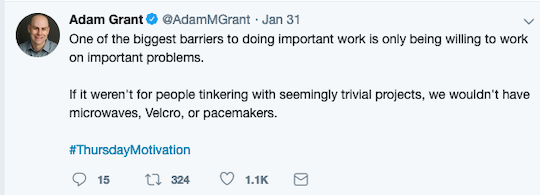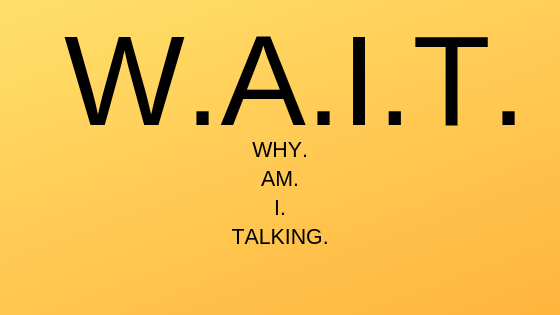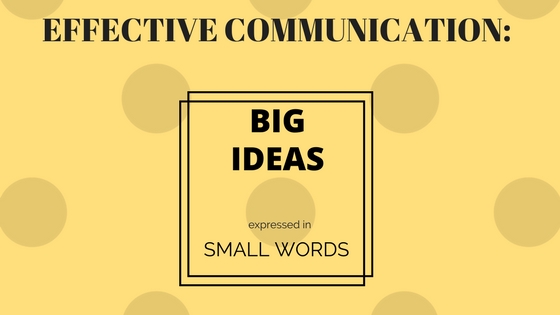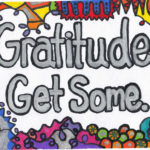“In every man there is something wherein I may learn of him, and in that I am his pupil.”
Ralph Waldo Emerson, 19th Century American essayist and poet

Image from Unsplash by raw pixel
There is a wise saying about the fact that we have one mouth and two ears, and should use them proportionately.
For most of us, coaching, teaching, advising, and mentoring others, although with good intentions, plays into the fact that we often prefer to be interesting rather than interested.
Consider yourself an explorer or a miner looking for the gold in “them thar’ hills.” To reap such riches, the only tools you would need would be an open set of eyes, ears, and of course, an open mind.
EXERCISE:
In what area of your life is it far more important to be the pupil rather than the teacher?
What is it that you most wish to learn to support either your personal or professional life?
Who are the specific teachers in your world that hold the wisdom you seek?











